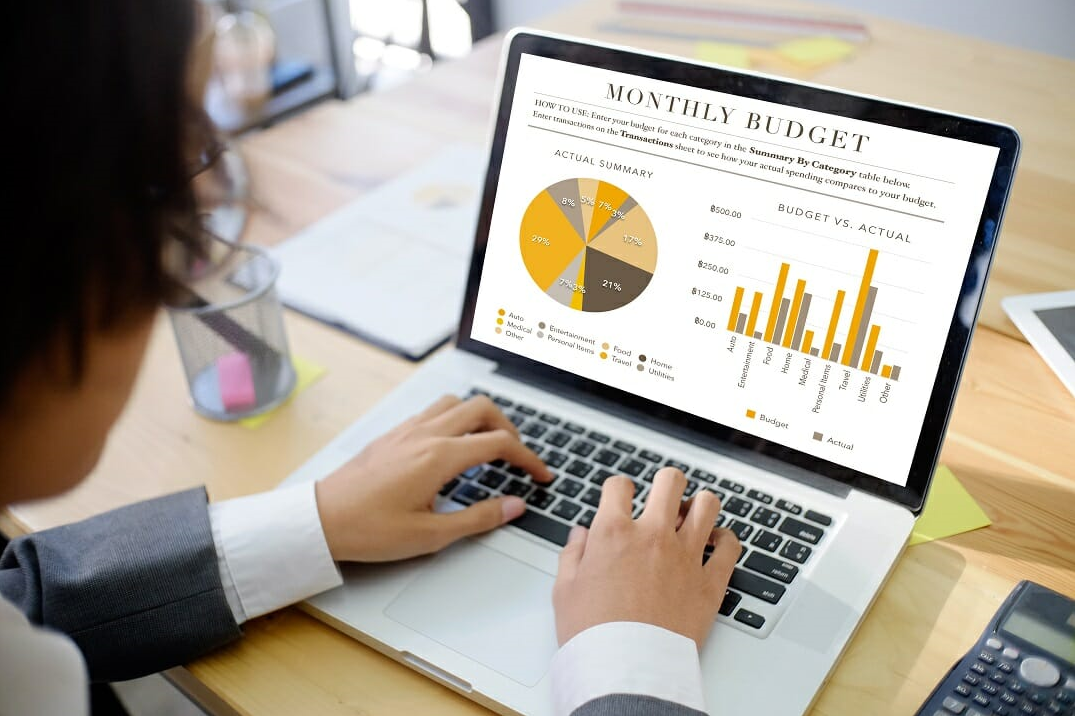Debt can feel overwhelming, but with the right approach, it’s possible to take back control of your finances and build a healthier financial future. Whether you’re dealing with credit card balances, student loans, or medical bills, this guide outlines effective strategies to manage your debt and restore your financial stability.
Understanding the Root of Your Debt
Before you can fix a problem, you need to fully understand it. Start by identifying:
- Types of debt (credit cards, personal loans, mortgage, etc.)
- Interest rates and how much they’re costing you
- Monthly minimum payments
- Total amount owed
Creating a clear picture of your financial situation will help you prioritize and make informed decisions.
Create a Realistic Budget
A budget is your financial roadmap. It shows how much you earn, spend, and save. Include:
- Essential expenses (rent, food, utilities)
- Debt payments
- Discretionary spending
Cutting unnecessary expenses—even temporarily—can free up money to tackle debt faster. Many people use the 50/30/20 rule:
- 50% for needs
- 30% for wants
- 20% for savings and debt repayment
Prioritize High-Interest Debt
Not all debt is equal. Focus on paying off high-interest debt first, especially credit cards. There are two popular strategies:
- Avalanche method: Pay off the debt with the highest interest rate first while making minimum payments on the rest.
- Snowball method: Pay off the smallest debts first for quick wins and motivation.
Choose the method that keeps you most consistent.
Consider Debt Consolidation
If you have multiple debts, debt consolidation might simplify your payments. Options include:
- Personal loans with lower interest rates
- Balance transfer credit cards
- Debt management plans through credit counseling agencies
Consolidating can reduce your interest and make budgeting easier—but only if you avoid taking on new debt.
Negotiate with Creditors
You may be able to negotiate lower interest rates or set up a payment plan with your lenders. Many creditors are willing to work with you, especially if you explain your financial situation and show good faith in repaying the debt.
In some cases, debt settlement might be an option, though it can impact your credit score and should be a last resort.
Build an Emergency Fund
Once your debt is under control, it’s crucial to build a safety net. Aim to save 3–6 months of living expenses to avoid falling back into debt when unexpected costs arise. Start small—even €20 or $25 per week can add up.
Rebuild Your Credit Score
Paying off debt improves your credit score over time. To accelerate the process:
- Pay all bills on time
- Keep credit card balances low
- Avoid opening too many new accounts
- Check your credit report regularly for errors
A strong credit score opens doors to better financial opportunities like lower interest loans or renting a home.
Avoid Falling Back Into Debt
Once you’re on a better path, it’s important to build better habits:
- Use credit cards responsibly—or not at all
- Track spending regularly
- Stick to your budget
- Set financial goals (saving for a home, travel, retirement, etc.)
Staying disciplined helps you maintain the progress you’ve made.
Final Thoughts
Getting out of debt takes time, effort, and patience—but it’s absolutely achievable. With a clear plan, commitment, and a few lifestyle adjustments, you can not only eliminate your debt but also rebuild your financial health for the long term. Take that first step today—you’re more in control than you think.



